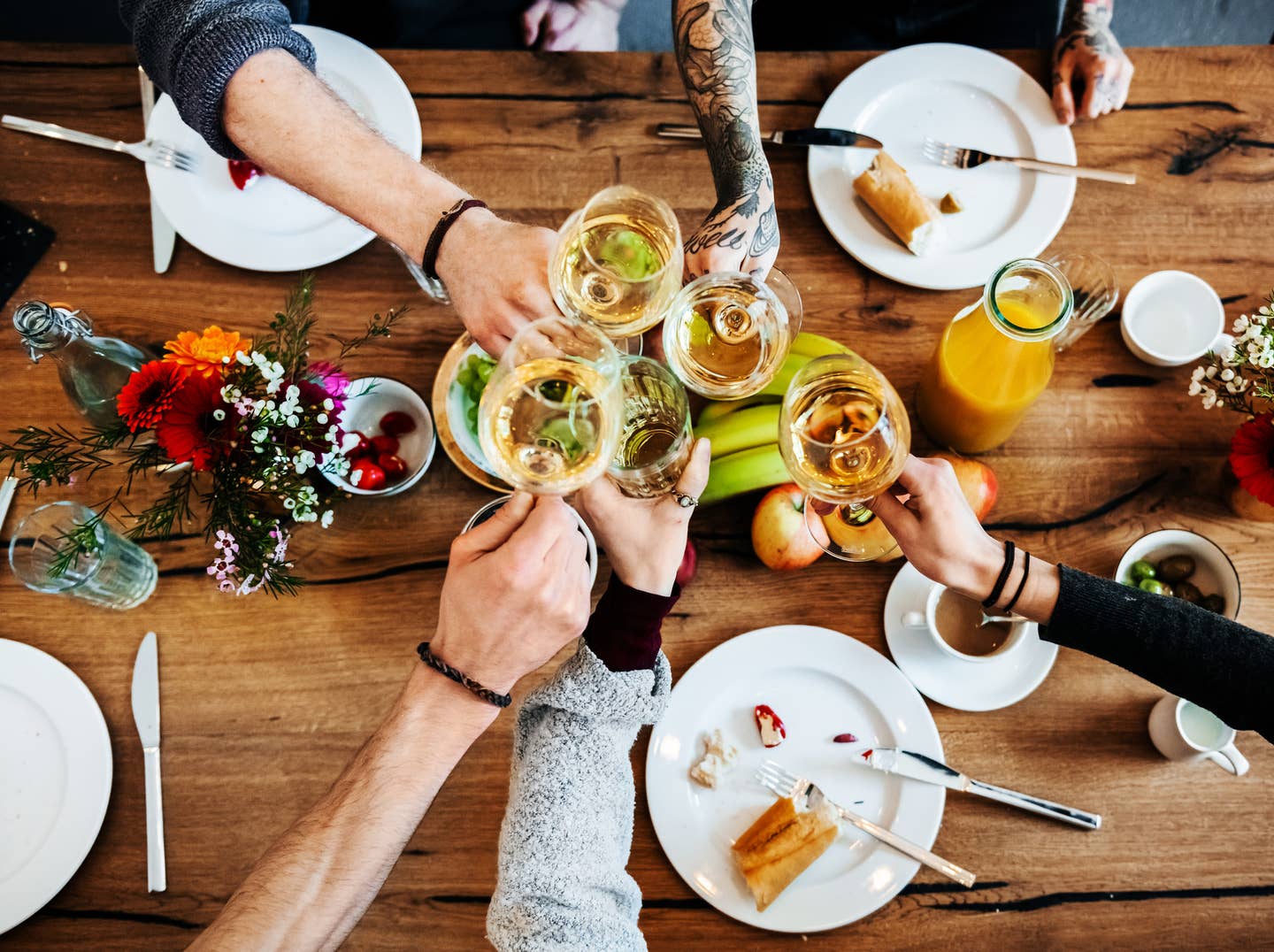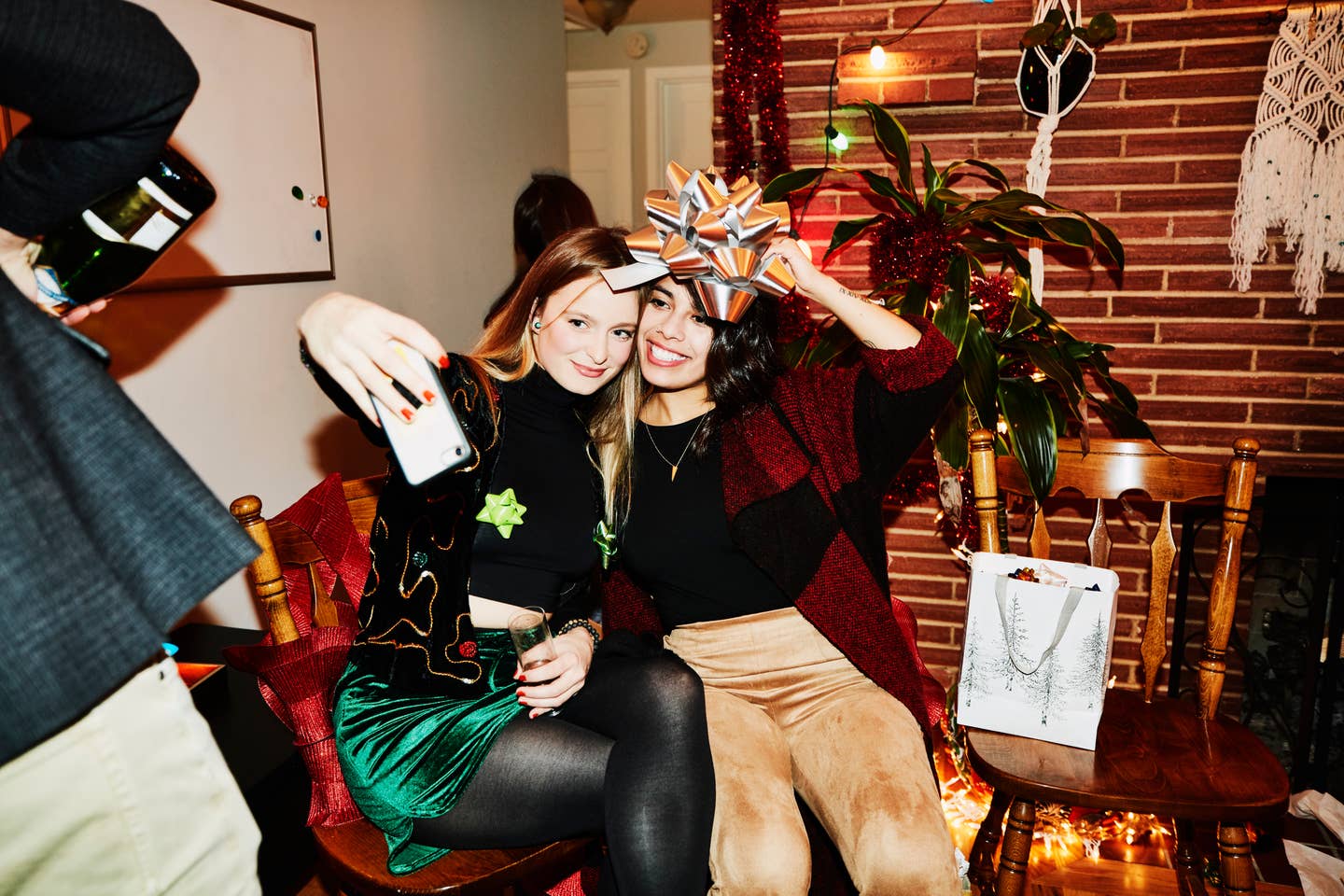
This Sustainability Mogul Has Helped Save the Fashion Industry 1 Billion Gallons of Water
‘Fashion royalty’ conjures up images of celebrities and designers at the top of the industry, but Stephanie Benedetto, CEO, and co-founder of Queen of Raw, is a whole different kind of nobility, ruling New York City’s sustainable fashion movement, and providing the means for other fashion industry players to access environmentally friendly fabric.
Since 1890, the Benedetto family has worked in textiles on Manhattan’s Lower East Side, so it seems she was genetically-predisposed to end up the fabric industry. While she originally worked on Wall Street as a corporate attorney specializing in fashion, technology, and sustainability, Benedetto ultimately decided to make a change because while she “loved the fashion industry [she] hated all the waste is produced.”
That waste isn’t to be overlooked or downplayed: 20% of total industrial water pollution is caused by the textile industry alone. Benedetto has set out to solve this by co-founding a marketplace to buy and sell unused fabric that’s been sitting in warehouses, also known as deadstock fabric. Benedetto’s clients include designers and brands both large and small, and her company has saved the industry an estimated 1 billion gallons of water since its inception by providing sustainable fabrics to brands.
When asked if sustainability was a large customer draw, Benedetto responded enthusiastically: “100%. There’s a sustainability aspect in calling ourselves Queen of Raw, obviously the word raw is in there because, at the end of the day, whether its raw foods or raw textiles, we’re getting back to what the essence of these things are, and what’s good for both people and the planet is very important to what we stand for.”
Shedding light on the exorbitant waste is important, and Benedetto attributes the industry reacting and changing in recent years to the exposition of waste in fast fashion. The most fascinating thing to see is how she’s witnessed technology using natural, low-waste materials being used: “Some of the most critical innovations in fiber and material have come out of plant-based waste from the agriculture industry: Piñatex is a fabric invented from the natural leftover waste of the pineapple. Fish leather is a new technology where you don’t actually even kill the fish, it's just a byproduct of the skin being shed. Before this skin was just thrown out, they didn’t know what to do with it. Now they have an alternative for it. There’s been a lot of growth and development in terms of natural waste being turned into innovative technology, plant-based fibers being turned into material. It's a great way to monetize waste."
As new technologies emerge, start-up costs and investing in these new products can be expensive, and often out of reach for up and coming designers. So QOR offers a more affordable way to combat waste: “With solutions like ours, where we’re selling textiles that have already been made but are existing in the world, everything is 60-70% off wholesale, so you can find something that is sustainable for a significantly cheaper price. So it doesn’t have to be a more expensive business model.”
So what advice on becoming more sustainable can Benedetto offer regular, everyday consumers, who aren’t the designers selecting the fabrics or the factories producing the clothing? She insists that “Reading the label on fabric is just as important as reading the ingredients on the food you put into your body. This just happens to be something that touches your skin, the largest organ on your body. You wear it all day long, all night long, and you don’t even think about it. If you can’t read or understand what’s in that textile chances are you don’t want that toxicity on your skin all day long.”
Providing education, easy access, and the tools to change our industry is the mission of Queen of Raw, and the marketplace saves an astounding 700 gallons of water per yard purchased and to-date has saved the industry an estimated 1 billion dollars in gallons of water. Now that's the kind of leadership fit for a royal.
More From The Beet






